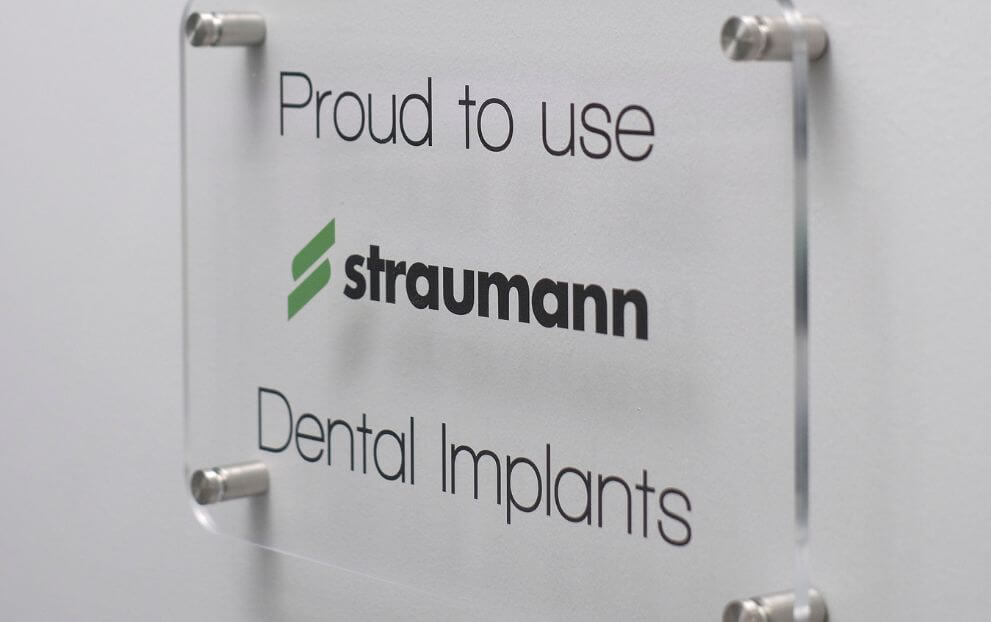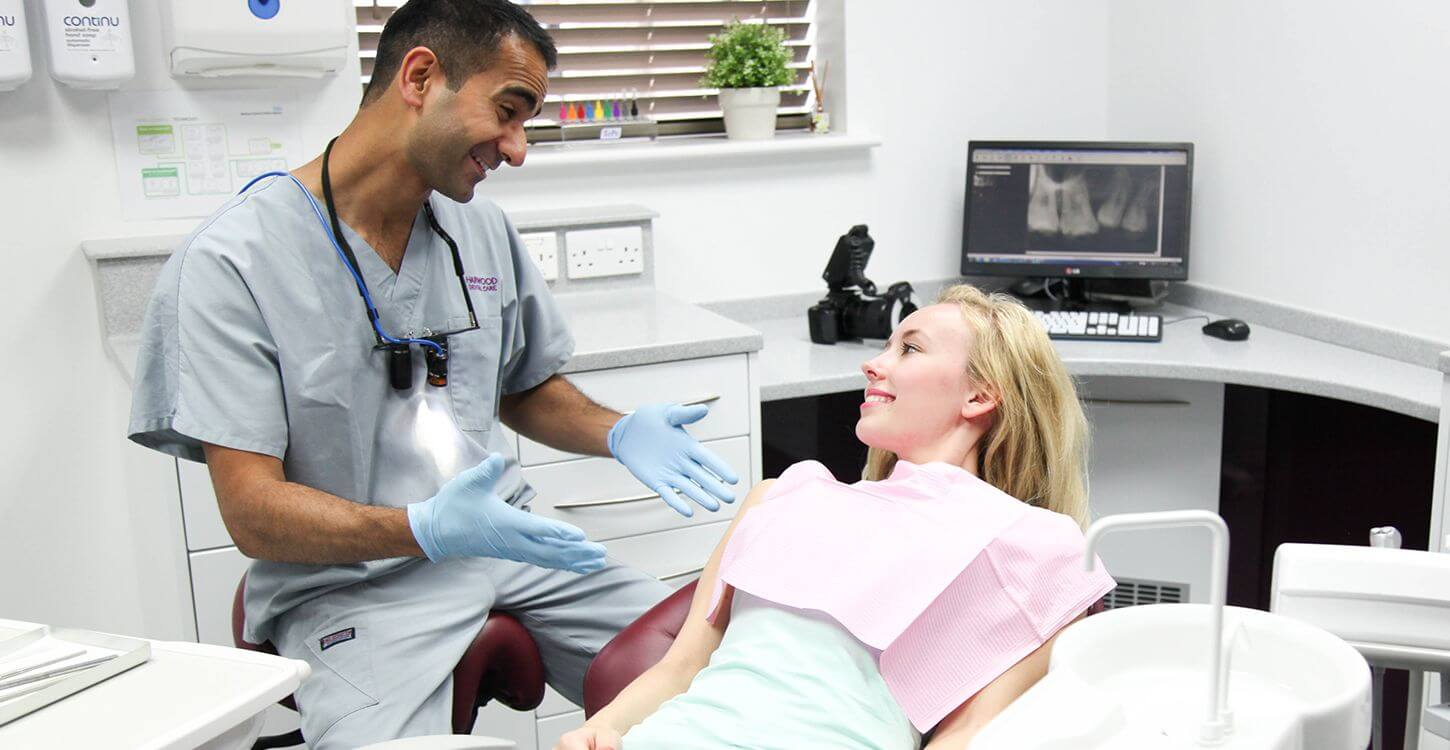Replacing missing teeth is essential for maintaining both your oral health and overall well-being. Even losing a single tooth can disrupt the delicate balance of your bite, causing surrounding teeth to shift and increasing the risk of misalignment.
When multiple teeth are missing, these issues become more pronounced—leading to difficulties with chewing and speaking, increased wear on remaining teeth, and changes in your facial structure. Missing teeth can also contribute to bone loss in the jaw, which may affect the shape of your face and lead to premature aging.
Beyond function and appearance, replacing missing teeth helps restore your confidence and supports better nutrition by allowing you to eat a wider variety of foods comfortably.
Dental implant procedures are typically performed under local anaesthetic, so you should not feel pain during the surgery. Many patients compare the sensation to having a tooth extracted.
For those who feel anxious about dental treatments, sedation options are often available to help you stay relaxed and comfortable throughout the procedure.
After the surgery, some mild soreness, swelling, or discomfort is normal but usually manageable with over-the-counter pain medication. Dental implants are considered a routine and safe procedure with a high success rate.
While most people are good candidates for dental implants, they aren’t suitable for everyone. Factors such as significant bone loss, certain medical conditions, or habits like smoking can affect the success of implant treatment.
If there isn’t enough healthy bone, procedures like bone grafting may be needed to prepare your jaw for implants. Additionally, smoking can interfere with healing and increase the risk of implant failure.
A thorough dental examination and consultation are essential to determine if implants are the right option for you and to discuss any additional treatments that might be needed.
You can view our pricing structure by visiting our prices page.
Yes, in some cases, a single dental implant can support a dental bridge that replaces two teeth. Whether this is possible depends on factors such as the implant’s location in the mouth, the size and type of the teeth being replaced, and the strength and quality of your jawbone.
Your dentist will carefully assess your individual situation during a consultation to determine the most effective and durable treatment plan tailored to your needs.











